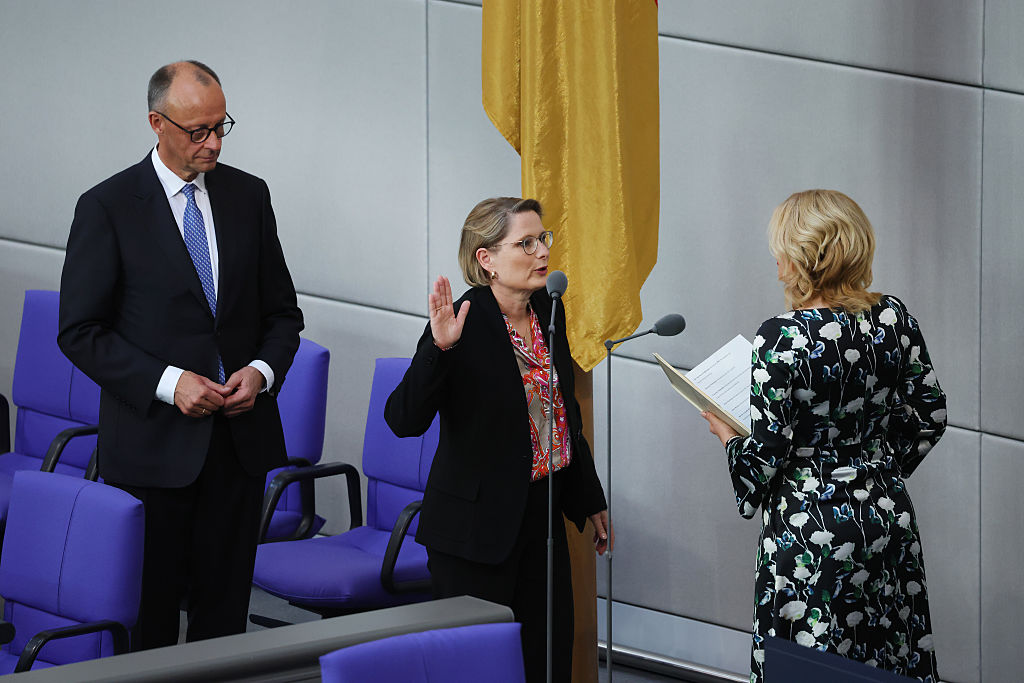Bulgaria’s newly announced accession to the eurozone on January 1, 2026 as the currency union’s 21st member state has been met with scepticism by many Bulgarians.
On May 31, thousands protested the abolition of the Lev in Sofia. Recent surveys also showed a high level of resistance.
A study published by radio station BNR in January 2025 indicated that 57 per cent of Bulgarians opposed the adoption of the Euro, with only 39 per cent supporting its introduction.
In a Eurobarometer survey from autumn 2024, 46 per cent of Bulgarians were against adopting the currency, while another 46 per cent welcomed it.
“Many people are worried that the introduction of the Euro will lead to rising prices and hidden inflation”, a Bulgarian finance expert who wished to be referred to as Evgeni R told Brussels Signal.
He added that many pointed to Croatia as a warning example of price increases after Euro adoption.
The Croatian case was prevalent in the Bulgarian debate as reports from Bulgarian news portal Novinite have indicated.
In a 2023 study, though, ECB analysts concluded that the effect on consumer prices of Euro adoption in Croatia on January 1, 2023, had been “relatively small”.
Moreover, the Euro introduction has become a politicised issue in Bulgaria between President Rumen Radev, an independent supported by the Socialist Party, and Prime Minister Boyko Borisov of the centrist, pro-European GERB party.
“President Radev is leaving office this year, and some say he wants to go out with a bang by stirring up anti-Euro sentiment,” said Evgeni R.
The heated political climate was illustrated by a scuffle that broke out in Bulgaria’s parliament on June 4 during the debates on the Euro adoption. Tsoncho Ganev, an MP for the right-wing Revival party, was seen pushing Yavor Bozhankov of the centrist Democratic Bulgaria party and had to be restrained by colleagues.
Deputy Finance Minister Metodi Metodiev pre-emptively blamed potential price increases on speculation: “If there’s any increase in prices after Bulgaria joins the Eurozone on January 1, 2026, it will not be because of the euro itself, but rather due to speculative behaviour,” he said in a TV interview on June 4.
Ultimately, Bulgarians have little choice in the matter. When the country joined the European Union in 2007, it had to agree to ultimately introduce the Euro.
On June 4, both the European Commission and the European Central Bank gave the Balkans country the green light to replace its national currency, the Lev, with the Euro.
In separate so-called “convergence reports”, both the EC and ECB concluded that Bulgaria met the formal criteria regarding price stability, budget deficit, exchange rate stability, interest rates and compatibility of national legislation.
“I wish to congratulate Bulgaria on its tremendous dedication to making the adjustments needed,” ECB board member Philip Lane said.
The Bulgarian Lev has been pegged to the Euro since 1997 at a rate of 1.95583 to 1. Previously, it was pegged to the German Mark at a 1:1 ratio.





